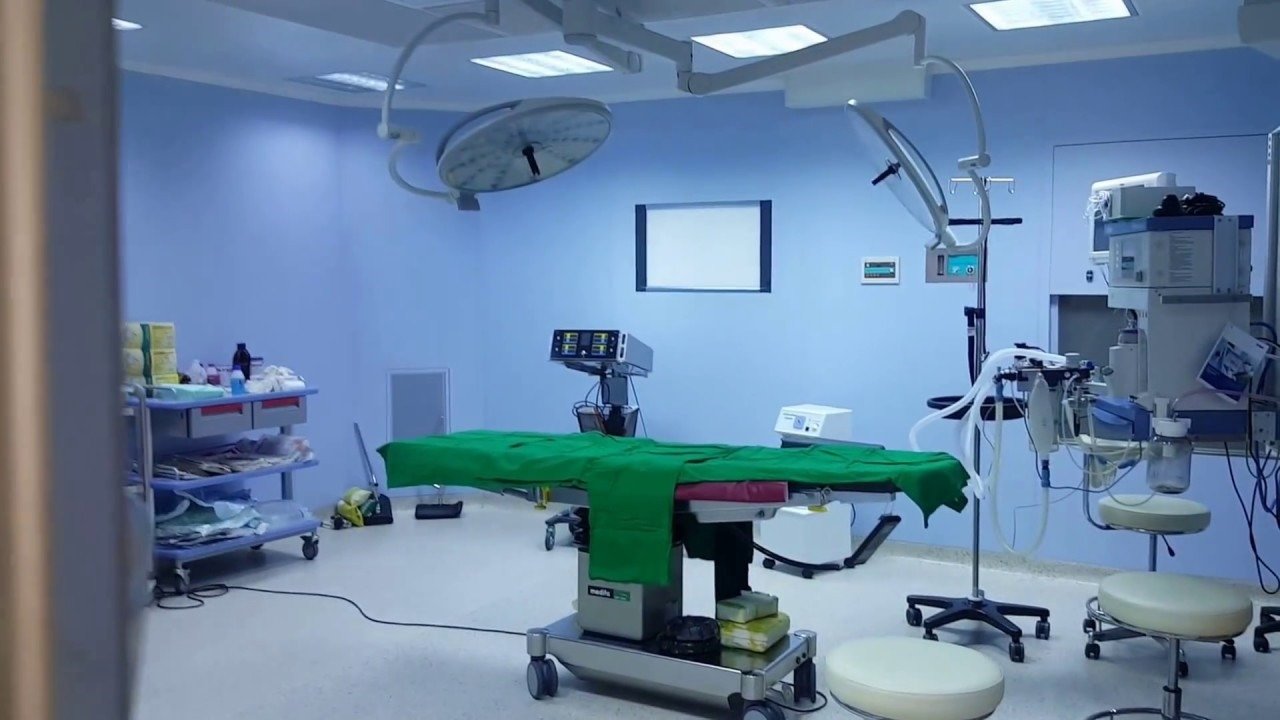Medical Gas Pipeline Systems: Common Mistakes Hospitals Make
Medical Gas Pipeline Systems in Hospitals
Medical Gas Pipeline Systems (MGPS) are the lifelines of modern hospitals, ensuring a constant supply of oxygen, nitrous oxide, medical air, vacuum, and other essential gases to patient care areas. Despite their critical role, many hospitals make avoidable mistakes during design, installation, and maintenance that can compromise safety, efficiency, and cost-effectiveness.
At Technomed, we specialize in designing and maintaining high-quality MGPS to help hospitals avoid these pitfalls.
1. Inadequate Planning and Design
One of the primary errors hospitals make is underestimating the complexity of MGPS design. Failing to account for future expansion, load requirements, and proper zoning can lead to insufficient gas supply or pressure drops in critical areas like ICUs and operation theaters.
Technomed Tip: Engage qualified engineers early in the design phase, conduct a comprehensive demand analysis, and plan for scalable systems.
2. Use of Substandard Materials
Cutting costs by using low-quality pipes, fittings, or valves may seem tempting but can have severe consequences, including leaks, contamination, and system failures.
Technomed Tip: Always adhere to standards such as NFPA 99 or ISO 7396 and source components from certified manufacturers.
3. Improper Installation Practices
Even high-quality materials can fail if installed incorrectly. Common mistakes include:
-
Incorrect pipeline slope affecting drainage
-
Poorly aligned joints causing leaks
-
Inadequate labeling or color coding leading to confusion
Technomed Tip: Ensure installation is carried out by trained and certified personnel following strict protocols. Conduct thorough pressure testing and leak checks before commissioning.
4. Lack of Regular Maintenance
Neglecting maintenance is a major risk. Dust, rust, valve malfunction, or regulator failures can disrupt the gas supply when it’s most needed.
Technomed Tip: Establish a preventive maintenance schedule, including periodic checks of pressure, flow rates, and leak detection. Keep detailed maintenance records.
5. Ignoring Alarm and Safety Systems
Medical gas pipelines are equipped with alarms for pressure deviations and system faults. Hospitals often overlook testing or calibrating these systems, which can delay response in emergencies.
Technomed Tip: Test alarm systems regularly and train staff to respond effectively to alerts.
6. Insufficient Staff Training
Even the best-designed MGPS can fail if hospital staff are unaware of proper operating procedures or emergency protocols.
Technomed Tip: Conduct regular training sessions for clinical and technical staff, emphasizing proper usage, handling, and emergency response.
7. Overlooking Compliance and Documentation
Failing to comply with national or international standards can lead to legal issues and compromise patient safety. Hospitals often neglect proper documentation of system design, installation, and maintenance.
Technomed Tip: Keep all documentation updated and ensure adherence to regulatory standards such as NFPA 99, ISO, and local health authority guidelines.
Conclusion
Medical Gas Pipeline Systems are critical to patient safety and hospital efficiency. With Technomed’s expertise, hospitals can avoid common mistakes in planning, installation, and maintenance, preventing costly downtime, safety hazards, and operational disruptions. Prioritizing quality, compliance, and staff training ensures your MGPS functions flawlessly, keeping patient care uninterrupted.




